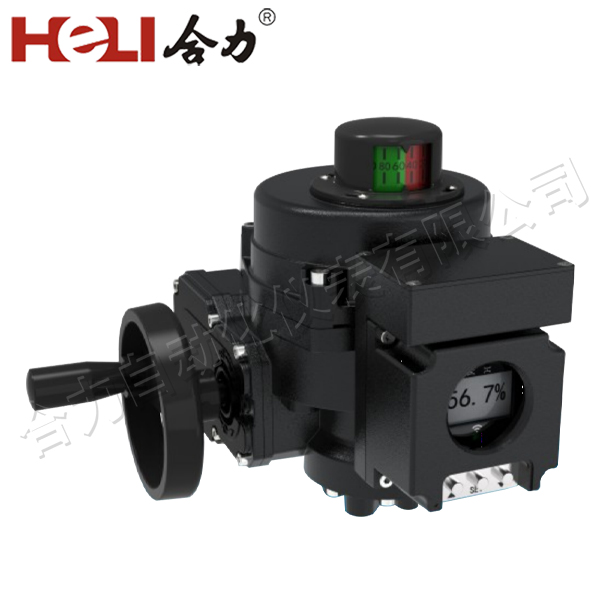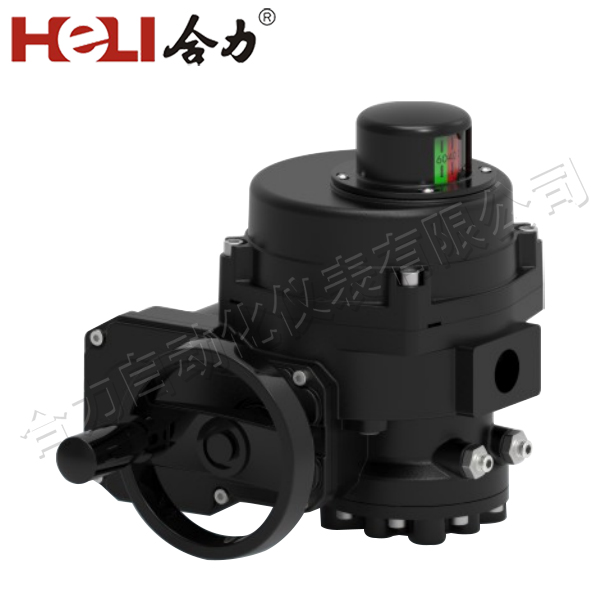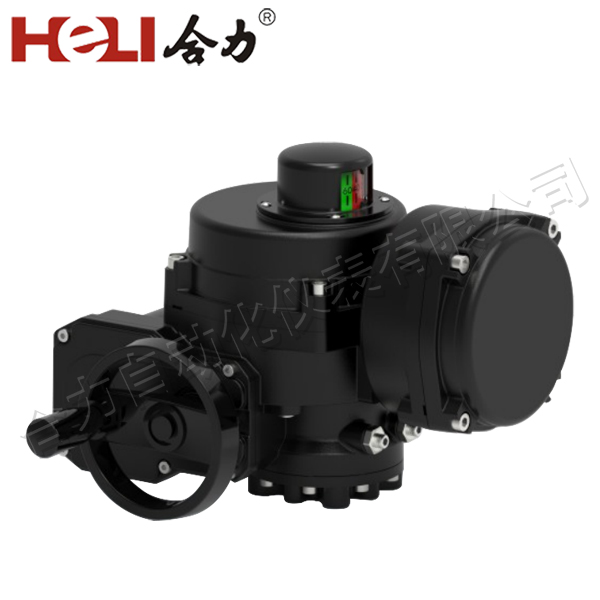
In the quest for sustainable energy solutions, hydrogen has emerged as a potent candidate due to its abundance, versatility, and zero-emission characteristics when utilized as a fuel source. As industries and researchers explore the vast potential of hydrogen energy, electric actuators powered by hydrogen fuel cells are gaining attention. These innovative devices play a crucial role in advancing automation and control systems, especially in applications where environmental impact is a concern. This article delves into the concept of hydrogen energy electric actuators, their working principles, applications, benefits, and future prospects.

Understanding Hydrogen Energy Electric Actuators

